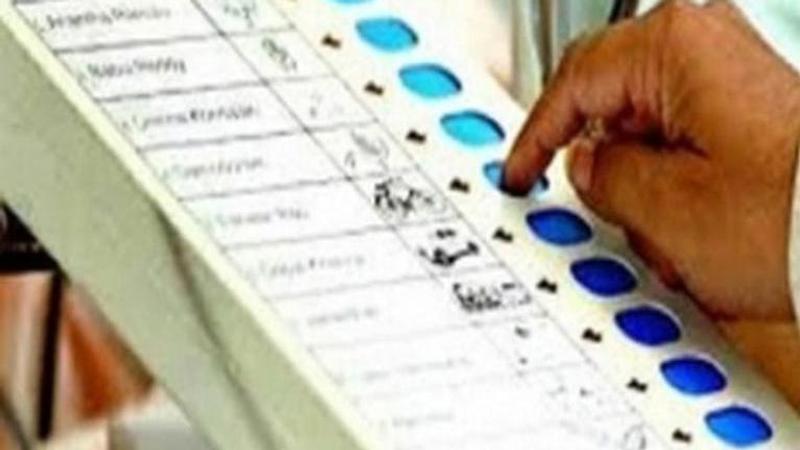Published 13:24 IST, February 9th 2020
Visually-challenged voters spell out priorities: Jobs for some, nationalism for others
Eighteen-year-old Rohit Vishwakarma, a high school student used Braille marking on a polling machine to vote for the candidate of his choice on Saturday and said he has a clear vision of the future he wants for himself and for the country.

New Delhi, Feb 8 (PTI) Eighteen-year-old Rohit Vishwakarma, a high school student used Braille marking on a polling machine to vote for the candidate of his choice on Saturday and said he has a clear vision of the future he wants for himself and for the country.
"Education and jobs are the key issues for us youths. And, though I cannot see, my vision is very clear about what future I want for myself and the country," Vishwakarma, who aspires to be an IAS, told PTI.
However, for Hari Om (21), another visually-challenged youth who cast his vote in the high-stakes Delhi polls, "nationalism is the top priority".
The college student, a native of Uttar Pradesh, said, "I am 21, but I voted for the first time. I am very excited after getting my finger inked even though I can't see it."
Asked what are the issues that he factored in to decide the candidate of his choice, he said, "I voted for national interest and the party which puts nation above all issues."
Both Vishwakarma and Om voted at a polling station in Kalkaji constituency.
For people with disability, the poll authorities had made special arrangements, and volunteers were assisting them within the polling stations.
Shyam Sunder (33) who works in a PSU bank also voted in Saturday's election that saw over 61 per cent voter turnout.
Asked about his priorities, he also counted "nationalism" as the main factor in his decision-making for voting.
"For me country comes first, national security and national interest above issues like jobs, education and health. If country is not safe, what will happen to other issues," he said.
Many other visually-challenged voters expressed sentiments on similar lines.
Looking to capture power after a gap of 22 years, the BJP had mounted its one of the most aggressive campaigns in the Delhi Assembly polls, with Union Home Minister Amit Shah leading the saffron charge fuelled by its planks of Hindutva and nationalism, and its strident opposition to Shaheen Bagh protests.
The issue often dominated the political discourse during the campaign, with many BJP leaders targeting the ruling AAP, and the Congress, accusing them of "misleading people" holding anti-CAA protests in Delhi.
A section of voters on Saturday claimed that the prolonged street agitation demanding revocation of the Citizenship Amendment Act (CAA) was "not an issue in the beginning of the campaign" but "political parties had slowly turned it into one". PTI KND NSD
Updated 13:24 IST, February 9th 2020



